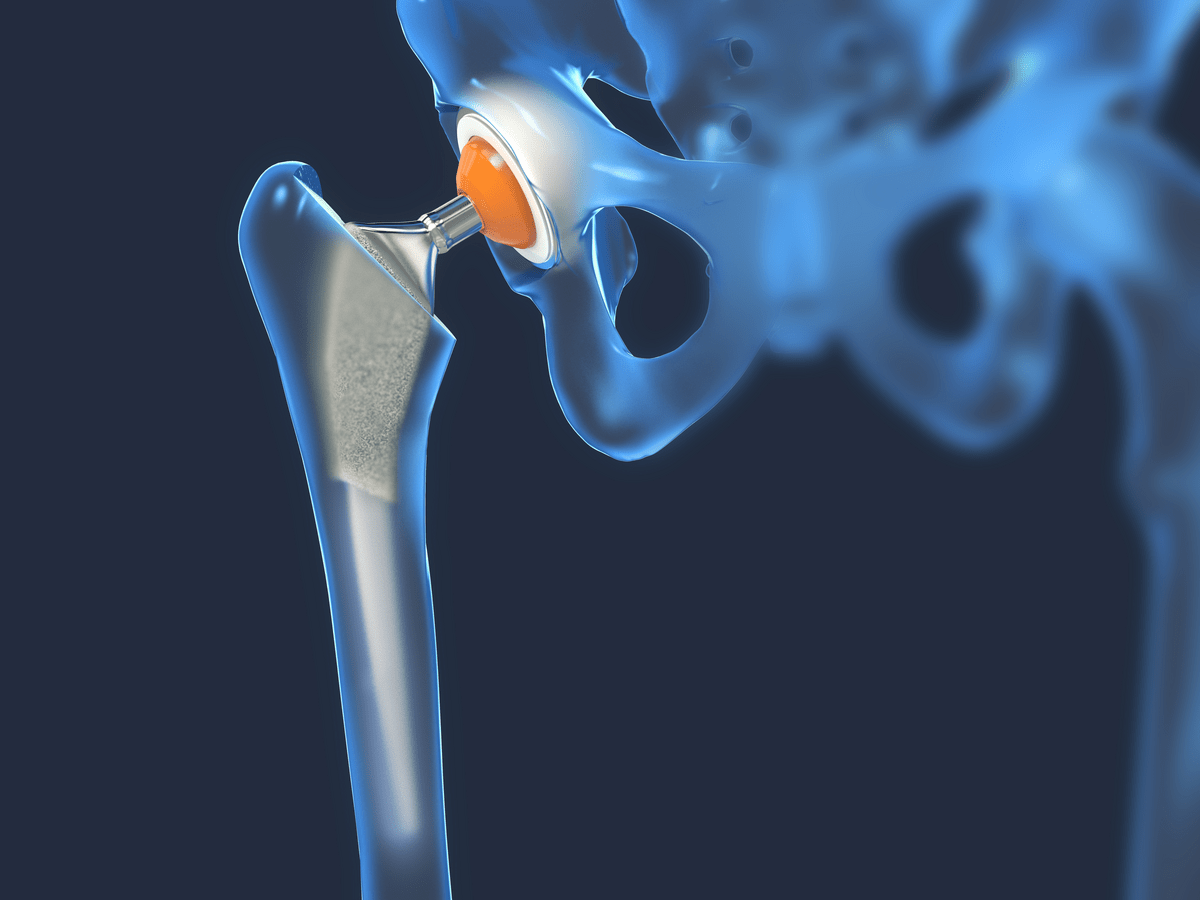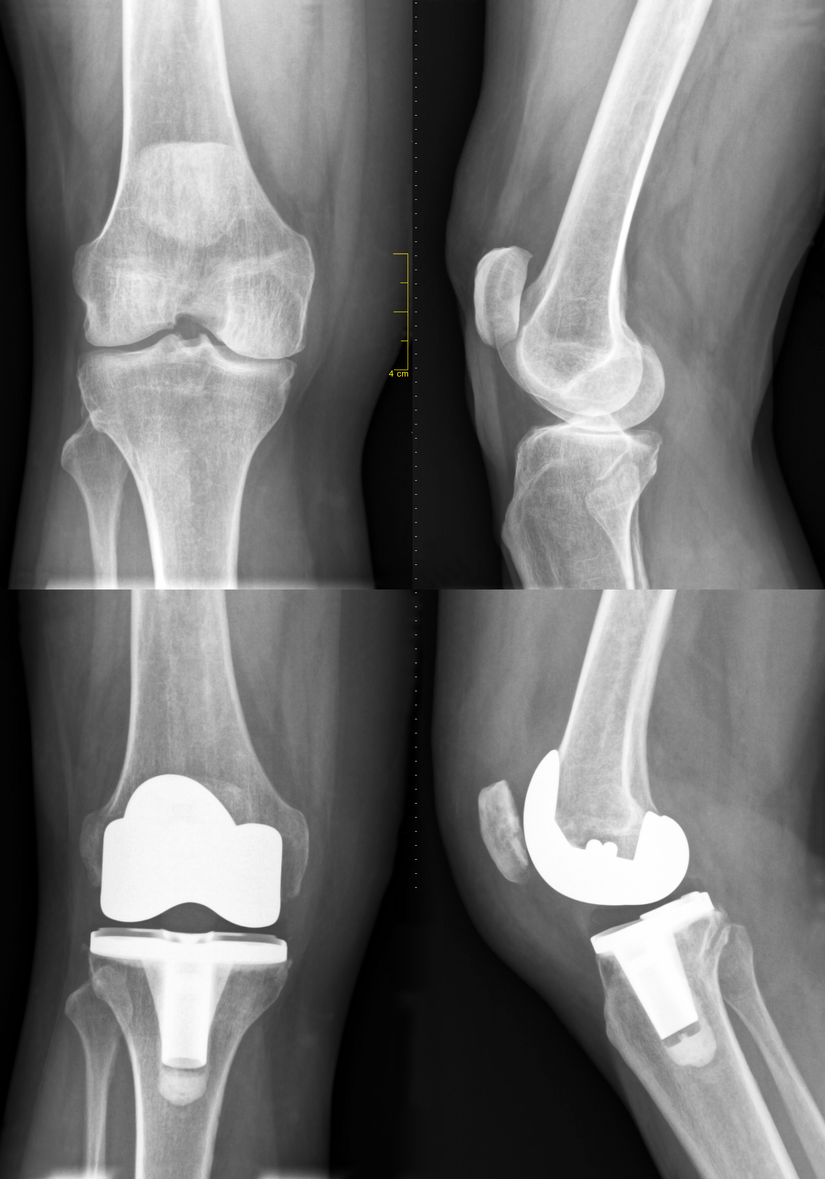Recognizing the Symptoms
If you are experiencing any of the following symptoms, it may be time to consult a healthcare provider about hip replacement:
- Chronic Hip Pain – Persistent pain that doesn’t improve with rest, medication, or physical therapy.
- Difficulty Walking or Standing – Increasing difficulty with mobility, including walking, standing, or climbing stairs.
- Stiffness and Reduced Range of Motion – A feeling of tightness in the hip joint that restricts movement.
- Pain Interfering with Daily Activities – Difficulty performing everyday tasks such as dressing, exercising, or sleeping comfortably.
- Failed Non-Surgical Treatments – If conservative treatments like medications, injections, or therapy no longer provide relief.
When to Consider Hip Replacement Surgery
If your symptoms are significantly affecting your quality of life and non-surgical treatments have failed, hip replacement surgery may be the next step. Here are a few key factors to consider:
- Severity of Joint Damage: Advanced arthritis or significant joint deterioration seen on imaging tests.
- Dependence on Pain Medication: Increasing reliance on painkillers to manage discomfort.
- Loss of Independence: Difficulty completing routine activities without assistance.
- Doctor’s Recommendation: Your orthopedic specialist may suggest surgery based on your symptoms and test results.
Types of Hip Replacement Surgery
Depending on your condition, your surgeon may recommend one of the following procedures:
- Total Hip Replacement (THR): Replaces the entire hip joint with a prosthetic implant.
- Partial Hip Replacement: Involves replacing only the damaged portion of the joint.
- Hip Resurfacing: A less invasive alternative for younger, active patients.
Hip replacement surgery can be life-changing for individuals struggling with severe hip pain and mobility issues. If you’re experiencing persistent discomfort that affects your daily life, consulting an orthopedic specialist can help determine whether surgery is the right option for you. Early intervention can lead to better outcomes and an improved quality of life.
Call 757-534-9988 to schedule an appointment or schedule your appointment online.



